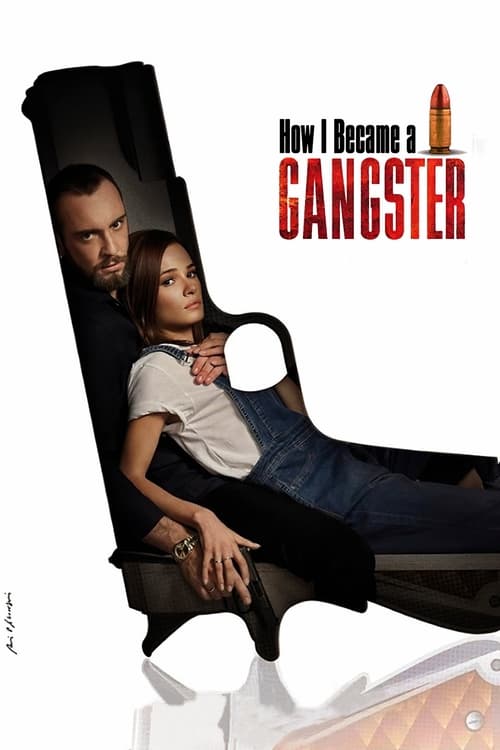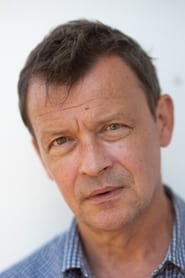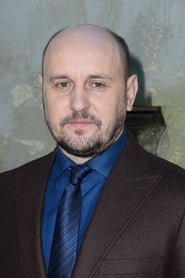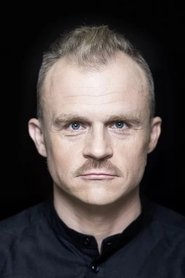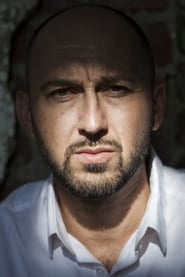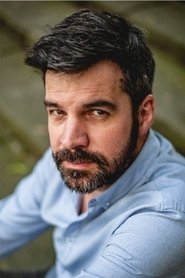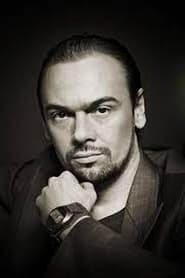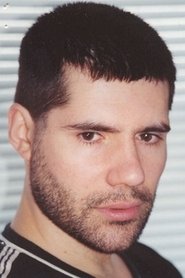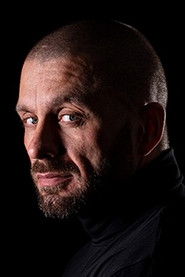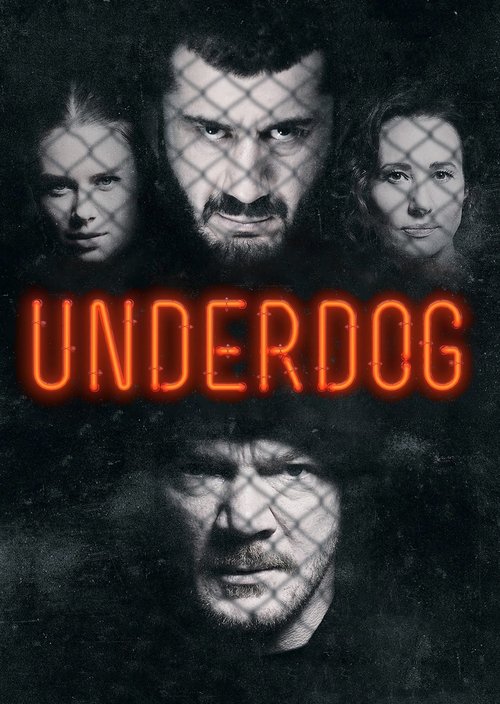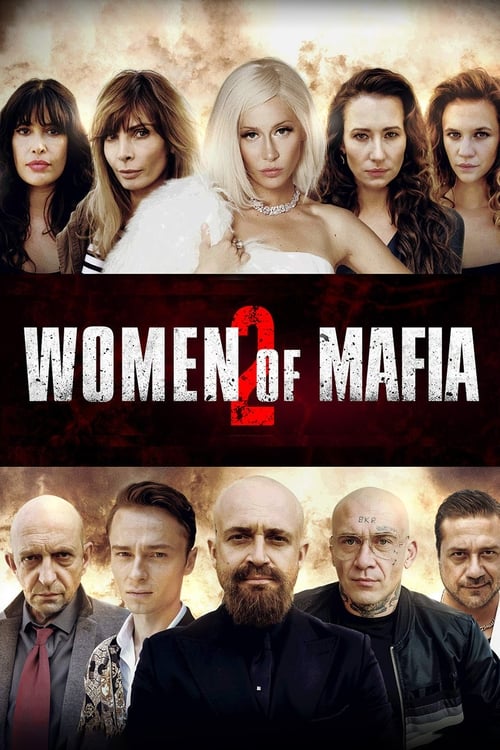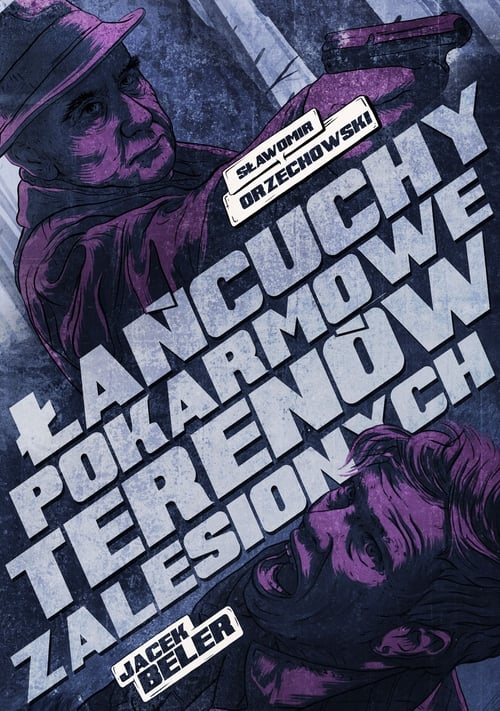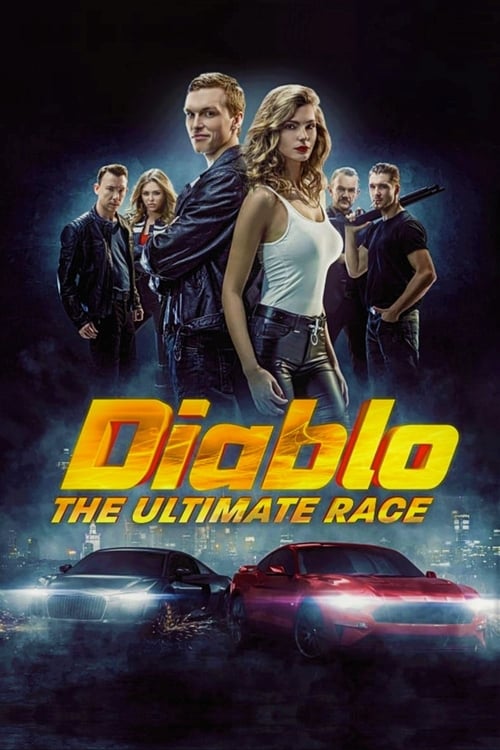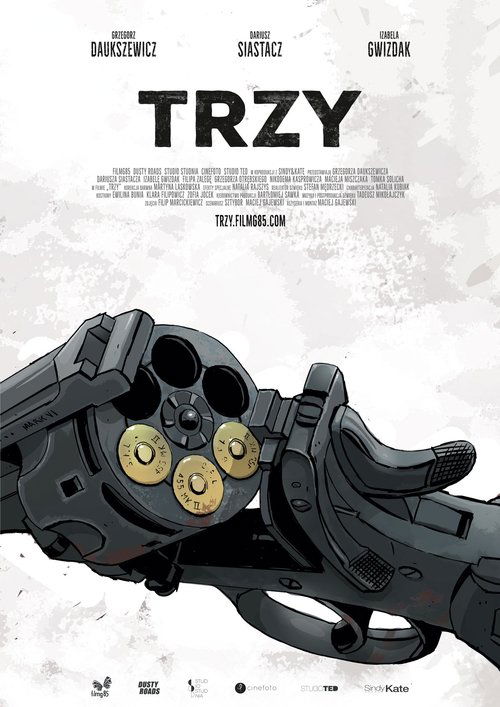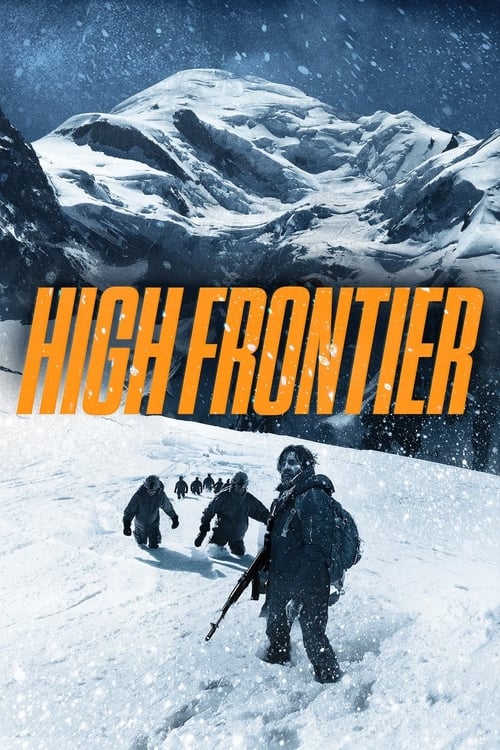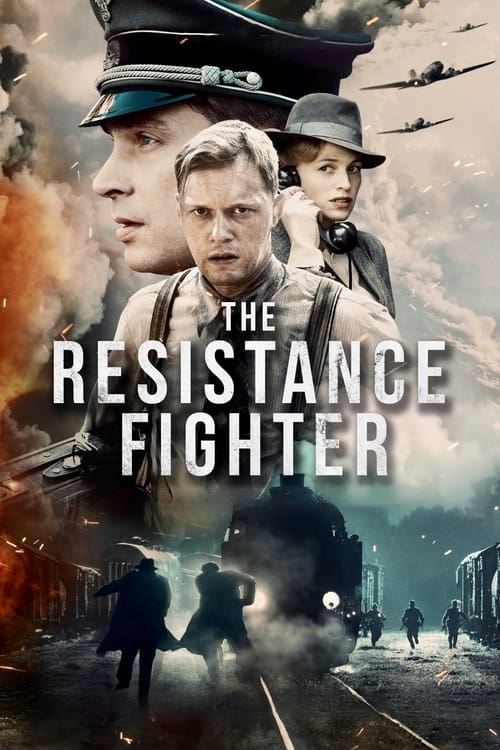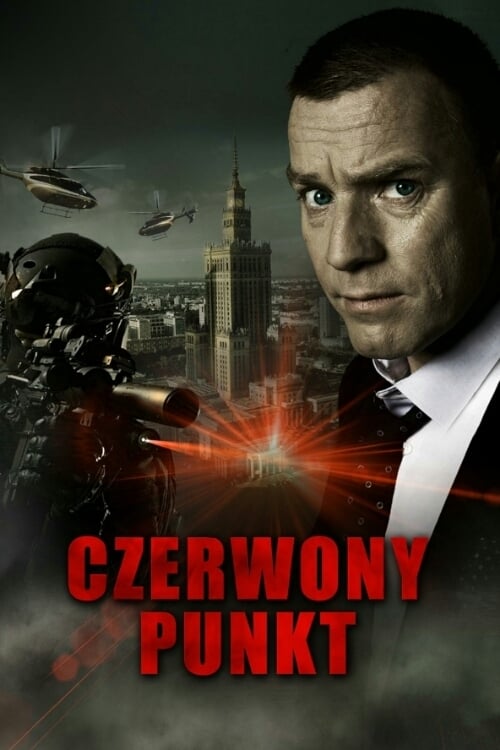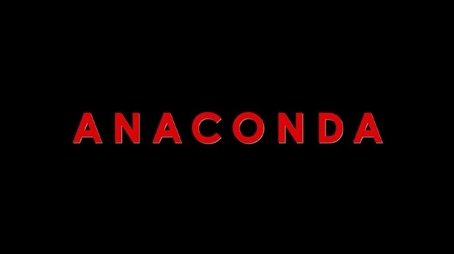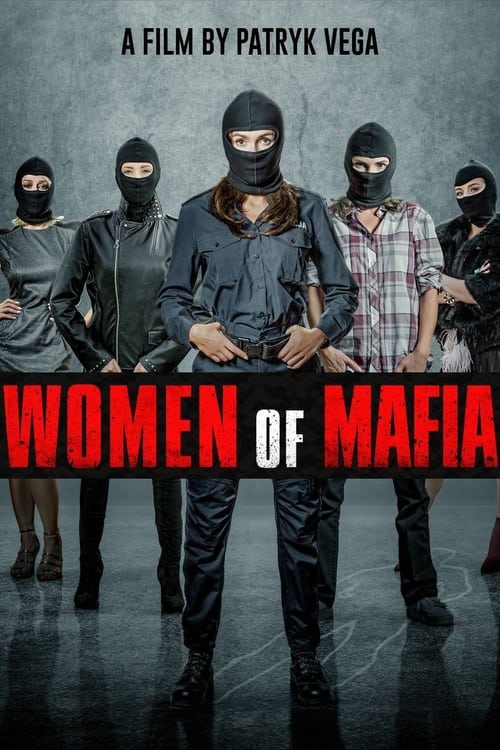
Ask Your Own Question
What is the plot?
Warsaw, Poland, 1978. The city is a maze of gray concrete and rusting steel, its streets echoing with the footsteps of men who know the weight of a silenced pistol and the taste of blood on their lips. The air is thick with the scent of coal smoke and the unspoken promise of violence. Nikodem "Nikos" Skotarczak, a wiry, restless boy with a hunger for chaos, stands on the edge of a playground, watching older boys brawl over a stolen bicycle. He doesn't join them--not yet. Instead, he smiles, a knowing, almost predatory grin, and whispers to himself, "The state WAS the mafia," his voice a low rumble beneath the city's hum. "The mafia is stronger when the state is weak."
The camera drifts through the city, following Nikos as he grows, his childhood a blur of petty thefts, street fights, and whispered promises. He narrates his own story, his voice a constant companion, a ghost that haunts every frame. "I wouldn't be like other gangsters," he says, his words dripping with irony. "I'd have a code." He speaks of his "normal" childhood, but the truth is etched in the bruises on his knuckles and the coldness in his eyes. He brawls not for money, but for the thrill, for the release, for the legend he is building.
By the early 1980s, Nikos is a young man, his reputation growing. He gathers a crew--Walden, a wiry kid with a nervous energy, becomes his protégé. Nikos teaches him the "code": "We stay away from women and children," he says, though the words ring hollow as he watches his men brutalize a woman in a back alley, reducing her to property, to sex work. "We only steal from the rich," he adds, but the irony is thick as he and his crew rob post office payroll shipments and steal artwork, their heists blandly executed, filmed in slow motion, as if time itself is mocking their efforts.
Nikos's world is a series of safe houses and hideouts, apartments and warehouses where stolen goods, weapons, and cash are stored. He moves through the city like a shadow, planning and regrouping, his crew loyal but restless. The Warsaw streets are his kingdom, the urban sprawl a breeding ground for crime. He meets Natalia Szroeder, a college girl, and targets her, his manipulation brutal, his control absolute. She becomes a pawn in his game, a symbol of his power.
The film's voice-over is relentless, Nikos narrating every move, every thought, every justification. "Yesterday's wolves are today's sheep," he says, watching his rivals fall, their alliances shifting like sand. He compliments those he beats up--"You were incredible. After this we will always be brothers!"--but the words are empty, a performance for the legend he is crafting.
The heists are not grand spectacles. They are quick, violent, and often pointless. Assassinations with silencers, savage beatings, and little snippets of lowlife high life decorate the proceedings, but they add little to the experience. Nikos's charisma is undeniable, his fight choreography flawless, but the film is infuriatingly self-important, its protagonist bored, his ascent to gangster victory a slow, laborious climb.
Nikos's world is not without its tragedies. A child witness is murdered, the brutality a stark contrast to the "code" he preaches. The death curse that haunts his family is a recurring theme--every six years, a relative dies violently. Nikos believes it will be his turn, the curse a shadow that follows him, a reminder of the inescapable fate that surrounds his family.
Prison becomes a turning point. Nikos spends time behind bars, his relationships changing, the underworld evolving. Each time he gets out, he discovers that the criminal world has become more violent, more treacherous. His old business associates are no longer loyal, the underworld a place of shifting alliances and betrayals. The cops are still after him, two rival gangs expect him to support them in a gang war, but Nikos just wants to snort cocaine, spend time with his latest wife, and try to be a good father. None of it is easy.
The film's climax is a series of escalating confrontations. Nikos's world collapses under the weight of betrayal, violence, and the death curse. He faces pressure from rival gangs and law enforcement, culminating in violent standoffs. The final confrontation is not a grand battle, but a quiet, brutal moment. Nikos, surrounded by the ghosts of his past, reflects on his life, the gangster mythos, and the harsh realities of his choices.
The last scenes are a montage of violence and regret. Nikos's crew is decimated, his protégé Walden dead, his wife gone, his family shattered. The city, once his kingdom, is now a graveyard of broken dreams. Nikos stands alone, his voice-over a final confession. "I wouldn't be like other gangsters," he says, the irony thick. "But I became one."
The film ends with Nikos walking through the streets of Warsaw, the city silent, the weight of his choices heavy on his shoulders. The voice-over underscores the tragic irony of his journey from a "good guy" criminal to a figure engulfed by the violent underworld. The final shot is of Nikos disappearing into the shadows, a ghost in the city he once ruled.
How I Became a Gangster (2019) is a Polish crime drama that chronicles the rise of Nikodem "Nikos" Skotarczak, a career criminal in late 20th-century Poland. The film is a bruising, stylish dive into the underworld of Poland's criminal elite, trading Hollywood gloss for Warsaw grit. It's not a romanticization of gangsters, but a raw, unflinching look at the human cost of a life of crime. The story is similar to mafia-crime syndicates but has many modern facts and interesting twists. The main character fights his way up to the scale using even his family and close friends to succeed. All the other characters unfold the story in a parallel way with the main character. The film will make you question a lot about the humans involved and how gray area some things can be. Despite the fact that the protagonist cared about human value, ethics, etc., he screwed himself up in an unethical business because of the need to feel adrenaline, or become somebody to someone else, the feel to feel important. The movie is definitely worth your time, but it's not about romanticizing gangsters; it's about humans as a whole, as a species. Try to see the bigger picture, and this movie will feel like an unpolished gem.
What is the ending?
In the ending of "How I Became a Gangster," the protagonist, who has navigated the treacherous world of crime, faces the consequences of his choices. The film culminates in a violent confrontation that leads to significant losses for him and his associates. Ultimately, he finds himself isolated and reflecting on the life he has chosen, realizing the emptiness that comes with it.
As the final act unfolds, we see the protagonist, Marius, grappling with the fallout of his criminal lifestyle. The tension builds as he is drawn into a violent conflict with rival gang members. The scene is set in a dimly lit warehouse, where shadows loom large, symbolizing the darkness of his choices. Marius, once confident and ambitious, now appears weary and burdened by the weight of his decisions.
In a pivotal moment, Marius confronts his former mentor, who has become a target in the escalating gang war. The air is thick with tension as they exchange harsh words, revealing the deep rifts that have formed between them. Marius's mentor, once a father figure, now represents everything Marius has lost. The emotional stakes are high, and Marius's internal conflict is palpable; he is torn between loyalty and the desire for power.
As the confrontation escalates, gunfire erupts, and chaos ensues. Marius's associates are caught in the crossfire, and we witness the brutal reality of gang life. The camera captures the frantic movements, the shouts, and the desperation of those involved. Marius, in a moment of clarity, realizes that the life he has chosen is leading to inevitable destruction. He watches as his friends fall, one by one, and the weight of their losses crashes down on him.
In the aftermath of the violence, Marius is left standing alone amidst the wreckage. The warehouse, once a place of ambition and dreams, now serves as a haunting reminder of his choices. He stares into the distance, his expression a mix of regret and resignation. The film closes with Marius reflecting on his journey, the emptiness of his achievements, and the realization that the gang life has cost him everything he once valued.
The fate of the main characters is stark. Marius, once a rising figure in the criminal underworld, is left isolated and haunted by the ghosts of his past. His mentor, who represented a path of guidance, is lost to the violence that Marius embraced. The associates who stood by him are either dead or have turned against him, leaving him to confront the reality of his choices alone. The ending serves as a poignant reminder of the consequences of a life steeped in crime, leaving Marius to ponder the true cost of his ambition.
Is there a post-credit scene?
In the movie "How I Became a Gangster," there is no post-credit scene. The film concludes its narrative without any additional scenes or content after the credits roll. The story wraps up with the main character reflecting on his journey and the choices he made, leaving the audience with a sense of closure regarding his transformation and the consequences of his life as a gangster.
What motivates the main character, Młody, to become a gangster?
Młody, the protagonist, is driven by a desire for power, respect, and financial stability. Growing up in a tough environment, he witnesses the allure of the gangster lifestyle and the perceived freedom it offers. His internal struggle is marked by a longing for acceptance and a fear of vulnerability, pushing him deeper into the criminal world.
How does Młody's relationship with his mentor, the older gangster, evolve throughout the film?
Initially, Młody looks up to his mentor, who embodies the success and confidence Młody craves. As the story progresses, their relationship becomes strained as Młody begins to question the morality of their actions and the consequences of their lifestyle. This tension culminates in a pivotal moment where Młody must choose between loyalty to his mentor and his own moral compass.
What role does family play in Młody's life and decisions?
Family is a significant influence on Młody's choices. His strained relationship with his father, who disapproves of his criminal activities, creates a conflict within Młody. He grapples with the desire to prove himself to his family while simultaneously being drawn into the gangster lifestyle, which he believes will earn him respect and success.
How does the film depict the consequences of Młody's actions as he rises in the criminal world?
As Młody climbs the ranks, the film vividly illustrates the violent and chaotic nature of gangster life. He faces betrayal, loss, and moral dilemmas that weigh heavily on him. The consequences of his actions manifest in the form of strained relationships, emotional turmoil, and ultimately, a sense of isolation as he realizes the cost of his ambition.
What is the significance of the friendships Młody forms within the gang?
Młody's friendships within the gang serve as both a source of support and a reminder of the dangers of his lifestyle. These relationships are complex, filled with camaraderie and loyalty, but also betrayal and competition. The film highlights how these bonds can be both uplifting and destructive, reflecting the duality of the gangster life Młody has chosen.
Is this family friendly?
The movie "How I Became a Gangster," produced in 2019, is not considered family-friendly due to its themes and content. Here are some potentially objectionable or upsetting aspects that may occur for children or sensitive viewers:
-
Violence: The film contains scenes of physical altercations, gun violence, and other forms of brutality that may be disturbing.
-
Crime and Criminal Activity: The narrative revolves around gang life, including drug dealing and other illegal activities, which may not be suitable for younger audiences.
-
Strong Language: The dialogue includes frequent use of profanity and harsh language that could be inappropriate for children.
-
Mature Themes: The film explores themes of betrayal, loyalty, and the moral complexities of a life of crime, which may be difficult for younger viewers to understand.
-
Emotional Turmoil: Characters experience significant emotional distress, including fear, anger, and loss, which could be upsetting for sensitive individuals.
Overall, the film's content is geared towards an adult audience and may not be appropriate for children or those who are sensitive to such themes.

